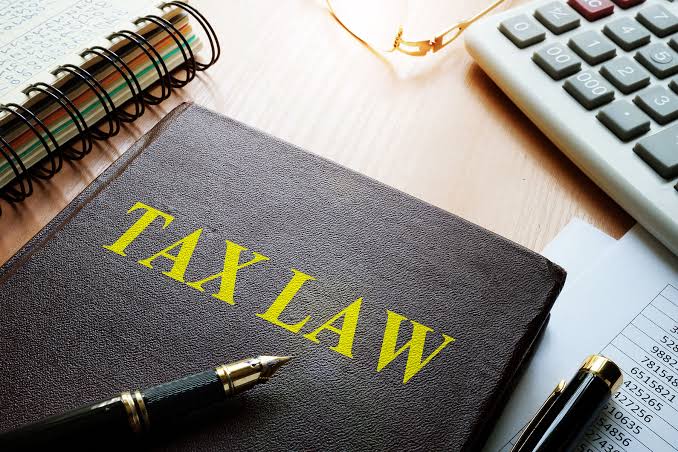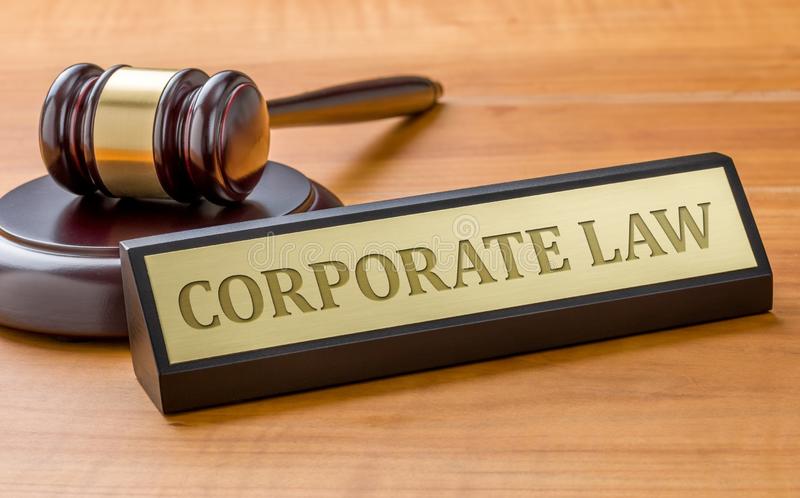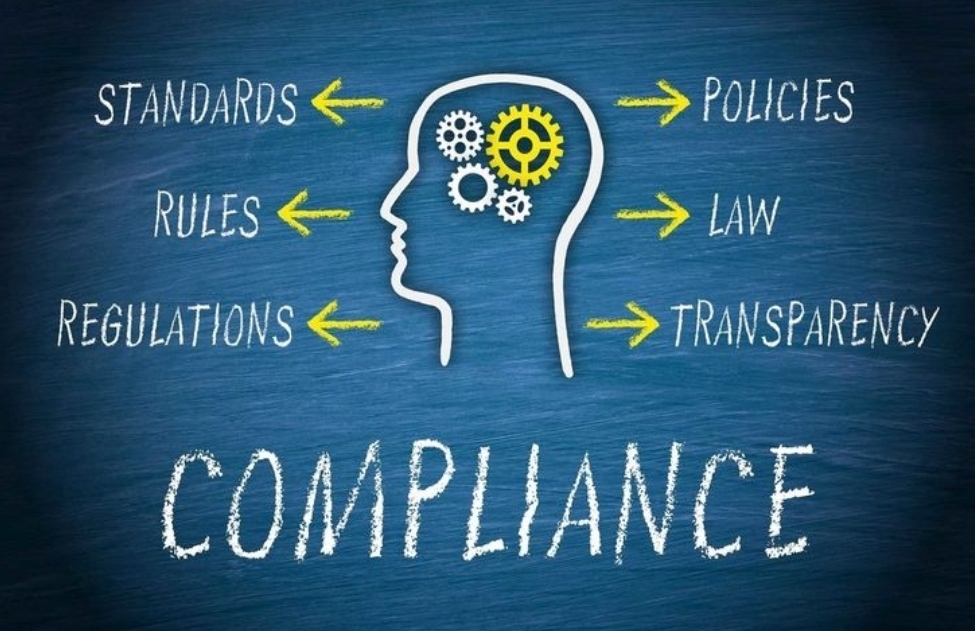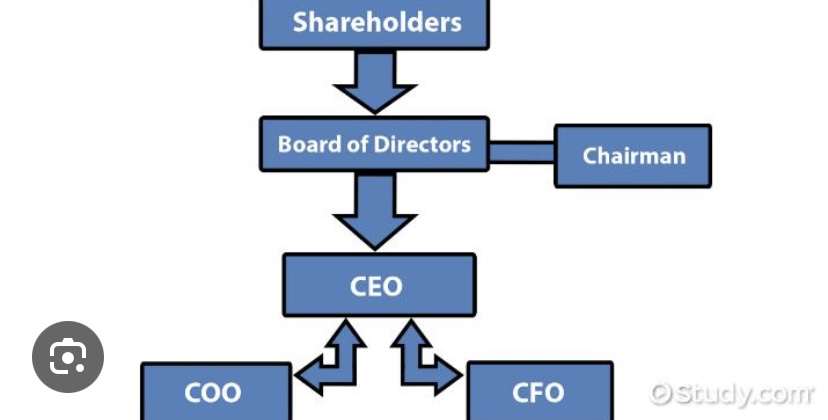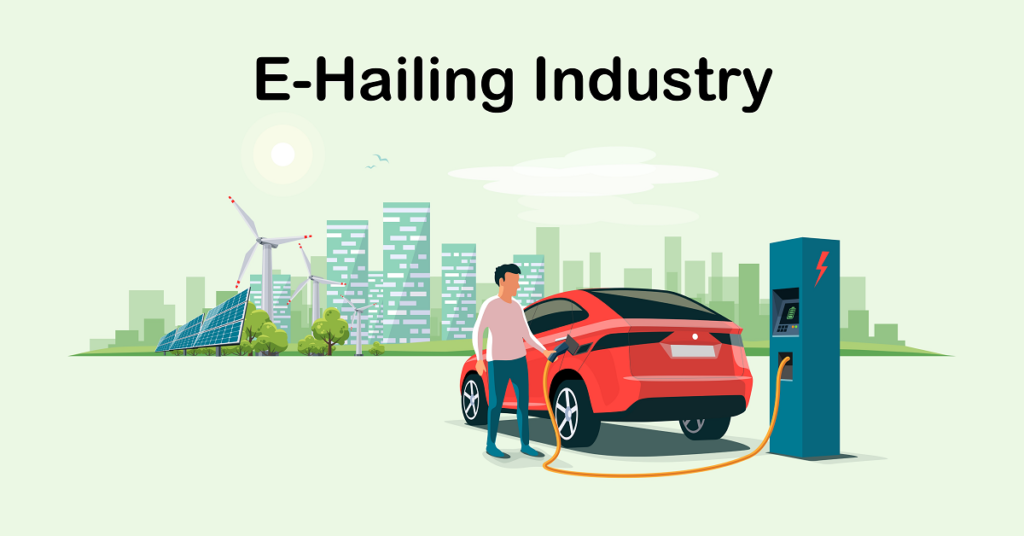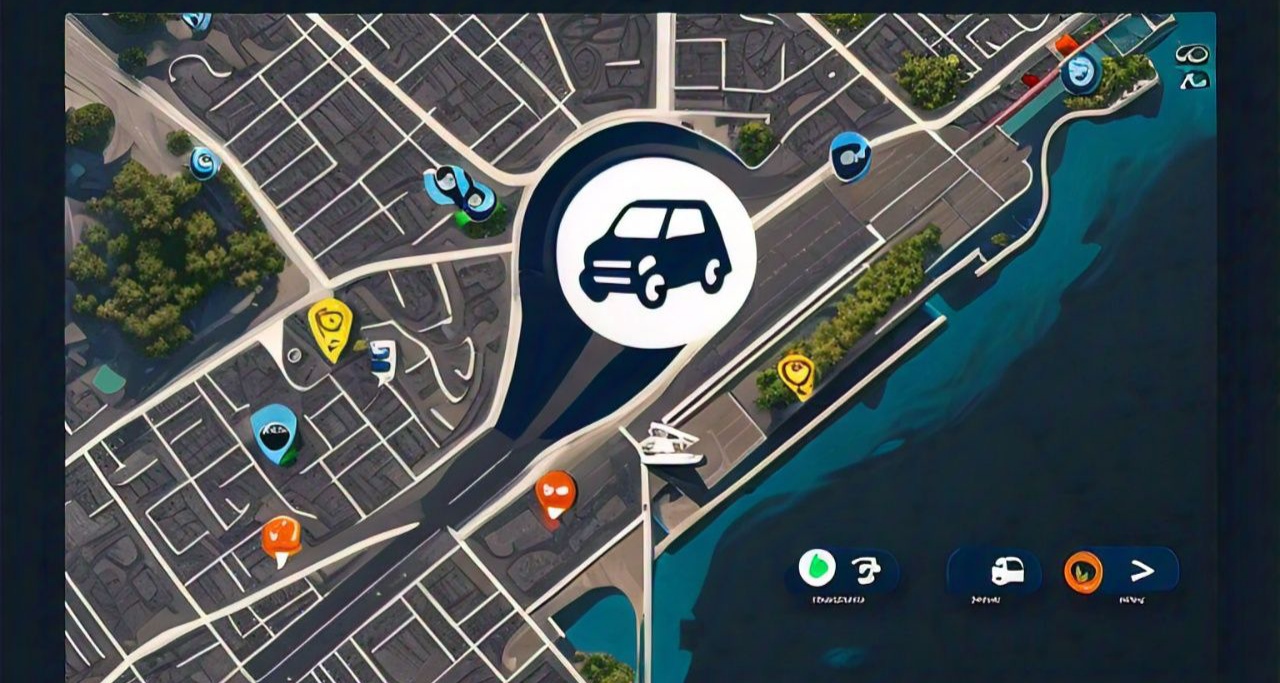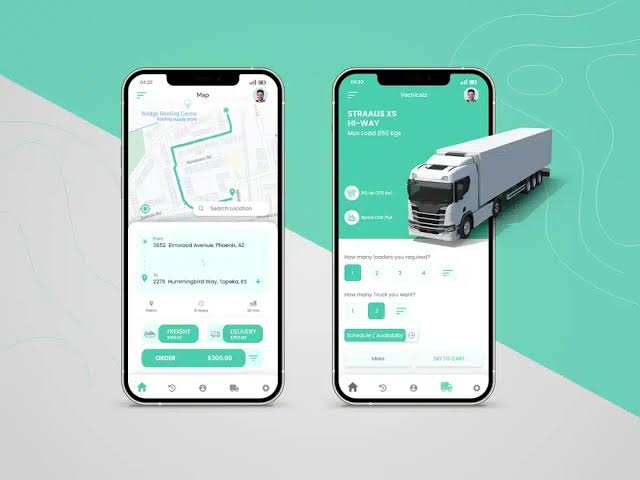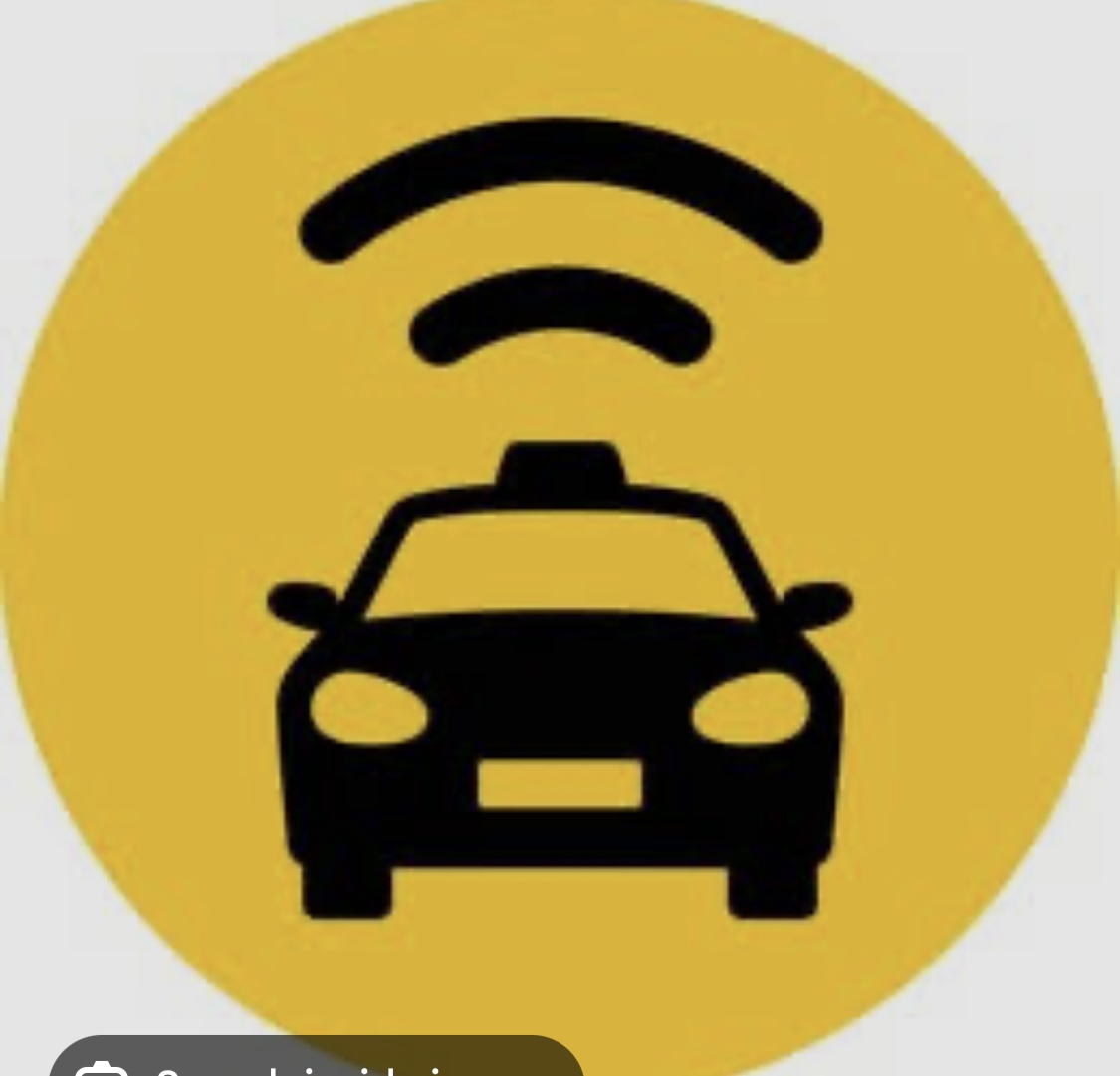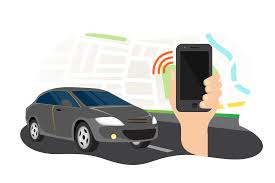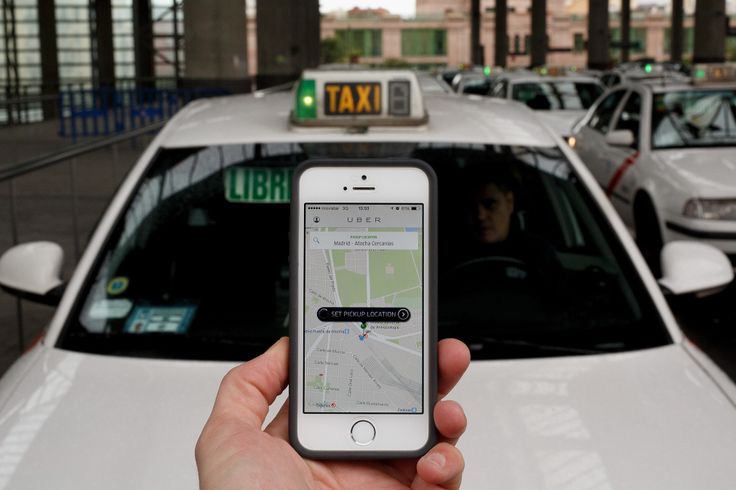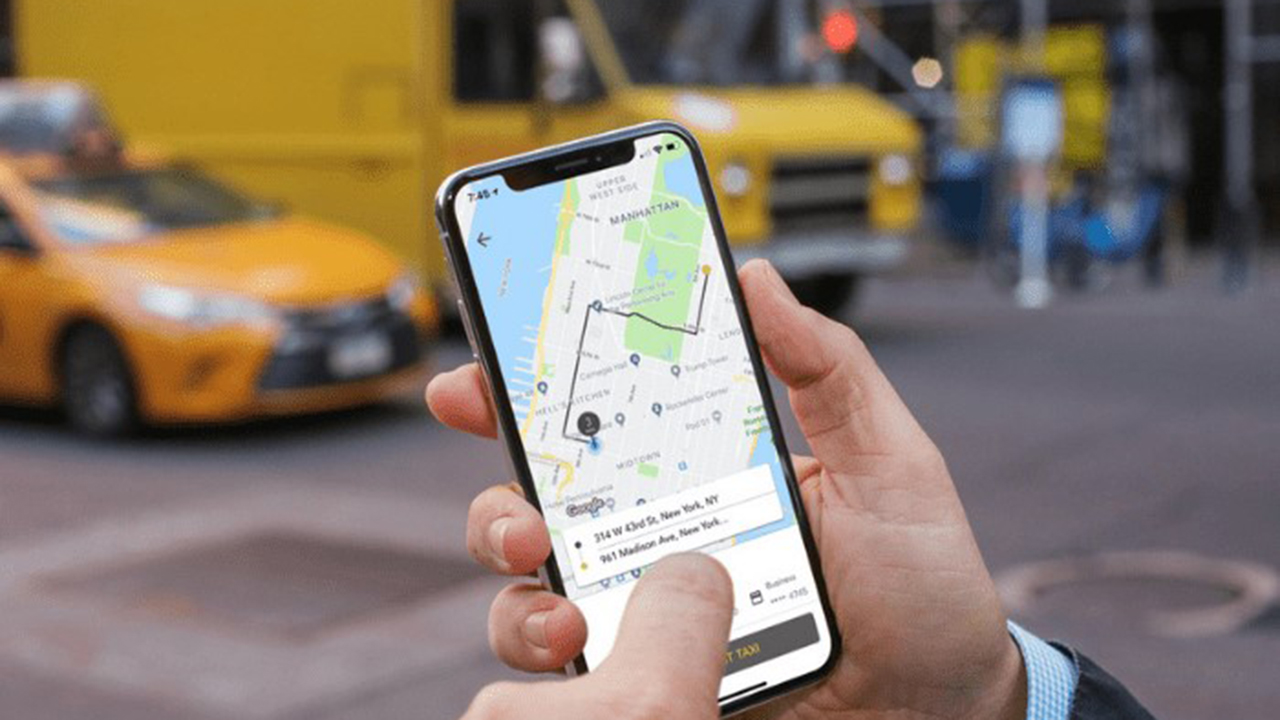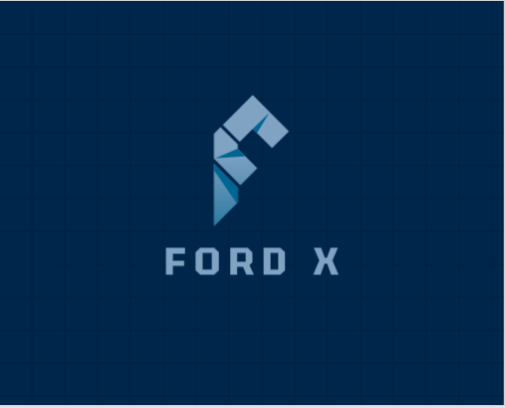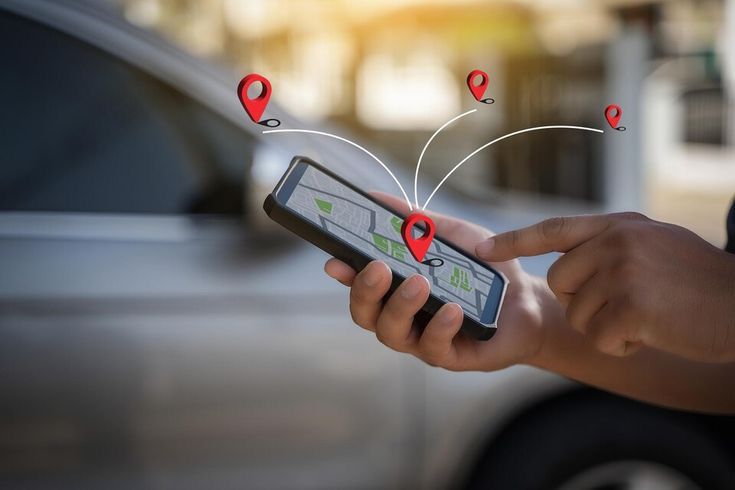
Introduction
In the fast-paced world of tech innovation, I’m gearing up to launch the next big thing in ride-hailing in Nigeria. With a beautifully built mobile app ready to connect passengers with drivers, I’m set to revolutionize urban transportation across the country. But apparently, there’s more to it than just tech and a bold vision. From picking the right business structure and ensuring legal compliance to securing intellectual property and obtaining essential permits, there are critical steps that can make or break the venture.
If this is you, then buckle up- this guide will steer you in the right direction. I’ll be diving deep into the key legal and strategic questions every e-hailing startup needs to answer: what business structure sets you up for success? What regulations must you comply with? How do you safeguard your app and business model? What challenges lie ahead, and what licenses are non-negotiable? Let’s map out your route to a thriving e-hailing startup in Nigeria.
Let’s answer some of the burning questions:
1. What type of business structure is most suitable for an e-hailing tech startup in Nigeria?
As earlier stated, it is not enough to have a vision and the tech skills, choosing the right business structure is very important, it is the foundational choice that mirrors the business’s strategy, vision and long-term objectives and I dare say, that it is as important as getting the right staff or choosing a business location. The first step in the corporate structuring process is choosing the right legal structure for your startup. Why is choosing this important? It is important because it is the business structure that’ll define the legal form the business will take. It’ll go a long way from determining everything from daily operations and how much you pay in taxes, down to your ability to raise funds. The Companies and Allied Matters Act (“CAMA 2020”) offers several options, it is the principal law establishing the Corporate Affairs Commission (CAC) which is the body that regulates the different business structures in Nigeria. Just so you have an understanding of the various structures and why a particular one is most suitable for an e-hailing tech startup, I’ll briefly explain the most common structures. They are:
- Sole proprietorship: A sole proprietorship is the simplest and most common form of business structure in Nigeria because it is very simple and easy to set up. It is a business owned and operated by one individual, with no legal distinction between the owner and the business entity. This means the owner is personally liable for all the business debts, losses, day- to- day decisions and liabilities. it is ideal for a small, low risk business that requires not so much capital to start. For example, small retail shops, artisans, etc.
- Partnership: Section 1(1) of the Partnership Act states that a partnership is the relation which subsists between persons carrying on a business in common with a view to making profit. It involves two or more people coming together to run a business. The profits and debts are both shared and incurred by the partners in the business depending on the amount each partner invested. There is joint decision making, thus, the action of one partner is binding on the other partner. Partners are liable for the debts of the business up to the extent of using their assets. The death of one of the partners may put an end to the business. Examples are, Law firms, Consultancy firms, etc.
- Limited liability partnership: the LLP is a blend of partnership and corporation. Partners have limited liability, and its particularly beneficial for professional services firms.
- Limited Liability Company: It is a business entity that prevents shareholders, members, and directors from being personally liable for the company’s financial losses and debt liabilities. the process of establishing a limited liability company involves more formalities compared to sole proprietorships or partnerships, but it provides a solid foundation for growth. There are two types; Private Limited Company and Public Limited Company (PLC).
A Private liability Company is a separate legal entity on its own which means it is separate from its owners and shareholders. It has a simplicity of structure and the personal possessions of the shareholders are considered as separate from that of the company. They do not offer their shares for public subscription. There is continued existence as the death of any individual doesn’t bring an end to the business.
Public limited company can be defined as a company that has the ability to sell its shares to the public through the stock exchange. These types of companies have offered to the public the opportunity to subscribe to its shares and become shareholders thereby being part of the owners of the company. Examples of public limited companies in Nigeria are Dangote Cement plc, Fidelity bank plc, FBN Holding PLC, etc. A public limited company is vulnerable to takeover if majority of the shareholders agree to a bid. A Public limited company ends with the word “Plc”.
Having explained the most common business structures in Nigeria, the most suitable and recommended business structure for an e-hailing tech startup is a Private Limited Company (Ltd) because of its benefits; A Private Limited Company offers limited liability protection, the ability to raise capital, a separate legal identity, perpetual succession, lower tax rates compared to partnerships. It is pertinent to note that as time goes by, the owner of the e-hailing startup can restructure their business into a Public Limited Company when they are done raising their series ‘C’ funding rounds or when they attain Unicorn Status. For instance, Uber was originally a privately held corporation which is called Private limited liability company in Nigeria, during this period Uber raised capital through private investors, it remained there for several years until 2019 where it restructured to a Public Limited Company.
2. What Specific Legal requirements and regulations should the startup comply with?
After the appropriate business structure is chosen, the startup must navigate Nigeria’s regulatory landscape. Key aspects to consider include:
- Company Registration: Registration of business in Nigeria is mandatory. Business Registration in Nigeria is a central process done through a Federal Commission. The Corporate Affairs Compliance (“CAC”) was introduced under the Corporate and Allied Matters Act (CAMA) to regulate the formulation and operations of companies in Nigeria, the commission oversees the registration of companies & businesses and post-incorporation matters.
The process of registration involves providing necessary documentation, such as the, memorandum of association, particulars of directors, and shareholders’ details.
STEPS INVOLVED IN THE REGISTRATION OF A COMPANY
- Name search: The applicant will submit the two proposed names of the company on the CAC portal for search as to its availability. An official fee will be paid to CAC as regards the name search. Where either of the names is available, an approval notice will be sent to the applicant by CAC containing the approved name and an availability code that will be required for the registration.
- Registration:
The steps for the company registration are as follows:
- The Applicant or accredited agent login into the CAC portal.
- The Applicant fills the following sections accordingly:
- Company details
- Objects of the company (The activities the company intends to carry out)
- Authorized share capital (The sharing percentage for each shareholder if they would be more than one shareholder)
- Witness details
- Directors details
- Secretary details (there is an option to skip this step)
- Shareholders details
- Persons with significant control (PSC) of the authorized share capital details
- An accredited agent's details
- Upload of necessary documents
- The Applicant proceeds to pay the CAC official fee and also the Stamp duty fee.
- After payment of the prescribed fees, the registration application is submitted and stays pending until it is approved or queried by the CAC.
- Upon registration the CAC issues the soft copy of the following documents - Certificate of Incorporation, Status Report and a Memorandum and Articles of Association.
In essence, the e-hailing startup must ensure compliance with the requirements of the Companies and Allied Matters Act (CAMA).
- Data Protection and Privacy: The E-hailing startup company must ensure compliance with National Data Protection Act 2023 (“NDPA”) in handling customers personal data including data collection, processing and storage. They must also ensure the implementation of privacy policies in line with the provisions of NDPA. In light of the need to protect commuters and significantly diminish the risk posed by unauthorized or unqualified individuals driving for various e-hailing platforms, the Lagos State Government has recently entered into a data-sharing agreement with the licensed ride-hailing platforms to bolster security and safety measures. Furthermore, the Lagos State Government has introduced API integration for e-hailing services. This integration aims to fortify the security and safety of both drivers and passengers. It establishes a dependable verification system for drivers and passengers, ensuring adherence to background checks, vehicle inspections, and driver licensing protocols. Through this integration, the government can monitor and guarantee that only authorized and competent individuals are at the helm, thus enhancing the overall integrity of e-hailing platforms.
The Lagos State government’s recent initiatives are designed to curtail the risk of unauthorized or unqualified individuals serving as drivers, thereby elevating the overall safety and reliability of e-hailing services.
- Tax Compliance: E-hailing startups must ensure registration of the company with the Federal Inland Revenue Service (FIRS) to obtain Tax Identification Number (TIN). They must also ensure they register for Value Added Tax (VAT) and ensure proper filling and remittance of VAT on services rendered. They must also ensure they file Annual Tax Returns with FIRS and pay corporate income tax as required.
3. How can the startup protect its intellectual property, such as the mobile app and business model?
- Trademark: A trademark is essentially a source identifier that distinguishes goods and services. A trademark means a word, phrase, logo or other graphic symbol used by a business owner to distinguish its products from those of others. The main purpose of a trademark is to guarantee a products genuineness. In effect, the trademark is the commercial substitute for one’s signature.[1]
A trademark protects the goodwill of a brand from exploitation by competitors. Hence, logos, signs, marks, company names, combination of colors, symbols, slogans and performer’s stage name, can be protected.
To obtain legal protection, a trademark could qualify for registration, if it meets specific statutory criteria such as falling within permissible categories of registrable trademarks and is distinctive or is capable of distinguishing the proprietor’s goods or services from others.
Registration grants an e-hailing startup exclusive rights to utilize the trademark when providing goods and services. Businesses or E-hailing startup in this case, must ensure that they do not use a trademark that is identical or confusingly similar to an already registered trademark. In the case of an unregistered trademark it can result to an action of “passing off”. To prevent this. Startups must carefully select their trademarks and ensure its registration.
- Copyright: Copyright has been aptly defined as ‘the right to copy; specifically, a property right in an original work of authorship, including literary, musical, dramatic, choreographic, pictorial, graphic, sculptural, and architectural works; motion pictures and other audio visual works; and sound recordings, fixed in any tangible medium of expression, giving the holder the exclusive right to reproduce, adapt, distribute, perform, and display the work’[2]. For a work to be eligible for copyright protection, some effort must have been expended to make it original and it must have been expressed in a definite medium of expression.[3] Copyright needs no formal registration for it to be protected.[4] However, it is still advisable to register the works not to establish protection, but rather to serve as a public notice and provide certain rights to the copyright owner in case of infringement.
Copyright is very significant for an e-hailing startup as it safeguards their creative endeavor, for instance, the coding, distinct interface design, are all safeguarded under copyright. Although, the underlying concept may not be eligible for protection, the specific manner in which it is translated into code receives protection. This confers a competitive advantage by preventing others from directly copying the unique code or design. Copyright protection also extends to website designs, web content, advertisement audios and videos, and jingles, among numerous other works that may be created by an E-hailing startup. As long as the work satisfies the requirements for protection, it will be safeguarded.
- Patent: Patent is a legal safeguard that confers specific rights upon inventors, granting them exclusive control over the commercial exploitation of their innovative and useful inventions, whether they are products or processes. These rights encompass the rights to manufacture, import, use, or sell the invention. This also extends to improvement patents, which protect substantially enhanced existing inventions. To avail themselves of these rights, inventors must formally register their inventions if the inventions are new, result from inventive activity, and are industrially applicable. Patents last for 20 years, after which the invention becomes part of the public domain and can be used by anyone.
- Trade Secrets: This particular type of IP is distinct from others due to its unique form of protection. Unlike other types of intellectual property that are safeguarded by specific laws, trade secrets in Nigeria rely almost exclusively on common law for their protection. Trade secrets are used to safeguard valuable information such as formulas, patterns, compilations, programs, devices, methods, techniques, or processes that provide a competitive advantage. To qualify as a trade secret, the information must be kept confidential, efforts must be made to maintain its secrecy, and it must hold commercial value. Consequently, information that is widely known or lacks commercial value does not qualify as a trade secret. Trade secrets are typically protected through contracts such as non-disclosure agreements and non-compete agreements, and violations can be addressed through legal actions such as breach of contract and misappropriation of trade secrets.
An E-hailing startup can keep proprietary business models and technology confidential under trade secrets.
4.What are the potential challenges and risks associated with operating an e-hailing tech startup in Nigeria?
- Regulatory Constraints: For instance, “Gokoda” a riding business was thriving until the Lagos state government banned motorcycles, this affected the business until they decided to venture into logistics. Economic crisis, for instance devaluation of Naira, inflation have forced a lot of e-hailing startups to close business because of low demand. The initial endeavors to establish regulations for the E-hailing business have engendered significant controversy, resulting in strained relationships between service providers and regulatory bodies within urban areas of Nigeria. Instances have been documented were authorities affiliated with the National Union of Road Transport Workers (NURTW) obstructed some e-hailing mobility service providers from halting for passenger pickups at specific bus terminals situated along their designated routes.
- Technological Issues: The problem of unreliable internet access during the initiation and effective completion of an e-hailing transaction.
- Marketing competition: Nigeria's ride-hailing market has witnessed rapid expansion in recent years, with new players entering the space to capitalize on the demand for convenient transportation. However, the increase in fuel prices can create a challenging environment for E-hailing companies. The fuel price increases may widen the gap between the E-hailing giants and smaller, local competitors. Larger companies with more resources might be better equipped to absorb increased costs, while smaller players and new entrants could face difficulties in staying afloat.
- Increase in operational costs for ride hailing companies: As fuel prices increase, E-hailing companies face escalating operational costs. These platforms usually operate on a commission-based model, where a percentage of the fares goes to the company. As fuel expenses surge, drivers are compelled to spend more on fuel to meet the demands of their passengers. Consequently, E-hailing companies may find it necessary to adjust their commission rates, impacting the earnings of drivers and potentially leading to discontent among them.
- Reduced demand: With fare hikes, the demand for E-hailing services may see a decline, especially among price-sensitive customers. This decline in demand could have a significant impact on the startup.
5. What are the necessary licenses and permits required to operate an e-hailing service in Nigeria?
According to the Amended Regulation for On-Line Hailing Business and Taxicab Operation in Lagos State 2023, there are two categories under which an e-hailing business can be established in Lagos State. However, before such businesses can be established, the intending company must get a taxicab license.
According to the Amended Regulation for On-Line Hailing Business and Taxicab Operation in Lagos State 2023, it states that “The Taxicab License shall be the Authority to operate a Taxi Services (for either of the two categories)”
In Lagos State, the two categories are:
a. Service entity:
This is an App developer (for instance, Uber, Bolt, inDrive etc.) who does not operate or own any vehicle but manages and connects taxi owners and the commuters by using its App as an operational platform. The law states that no entity shall operate as a Support Entity in Lagos State without first having obtained a Support Entity Permit from the Licensing Authority. The regulation provides the criteria for obtaining Support Entity Permit from the Licensing Authority.
b. Taxi and App Operators:
This is an individual/organization who own and operate both the vehicle amp; the App. Such an individual/organization is the owner of the fleet as well as the owner of the App and might also have other third-party (vehicle from different owner) fleet in its operation. The criteria to obtain an Operator’s (Taxi and App Operators) Provisional License from the Licensing Authority is also provided in the regulation.
The steps for creating a taxi cab business model under these two models are in the act, the taxi cab requirements, license instrument as well as the license card fee and other details relevant to an e-hailing startup are provided in the regulation.
The E-hailing company must ensure that all affiliated drivers complete and possess the necessary documents and licenses, such as a valid driver’s license and Lagos State Residents Registration Agency (LASRRA) cards, which are essential for the ride operation. They must ensure that their drivers have the necessary documents such as, Road worthiness certificate, comprehensive insurance policy, vehicle license, proof of ownership and other relevant documents, Drivers KYC Documentation is also important.
Conclusion
Starting an E-hailing service in Nigeria presents an exciting opportunity to tap into the growing demand for convenient and reliable transportation solutions. However, to ensure a successful launch and sustained operations, it is crucial to meticulously follow the legal and regulatory requirements. Registering as a private limited company with the Corporate Affairs Commission (CAC) lays the foundation for a legitimate business structure, while compliance with state-specific transportation regulations, tax obligations, data protection laws, and safety standards ensures that the startup operates within the bounds of the law.
By adhering to these regulations, the e-hailing startup not only avoids legal pitfalls and penalties but also builds trust with its customers, stakeholders, and regulatory bodies. Strategic planning, thorough compliance, and continuous monitoring of legal obligations will position the startup for long-term success in Nigeria’s competitive e-hailing industry. With these measures in place, the startup can focus on delivering exceptional service, scaling its operations, and achieving its business goals in the dynamic landscape of the Nigerian transportation sector.
REFERENCES;
- Tosin Omotosho (2024). How to choose the best structure for your business in Nigeria. https://charislegalpractice.com.ng/how-choose-best-structure-business-nigeria/ accessed 11 September 2024
- Resolution Law firm: Corporate & Commercial Law department (2022). https://www.mondaq.com/nigeria/shareholders/1187794/requirements-for-registering-a-company-in-nigeria accessed 11 September 2024.
- Timothy Olamide (2023). Legal business structure for startups in Nigeria. https://www.linkedin.com/pulse/legal-business-structure-startups-nigeria-timothy-olamide/ accessed 11 September 2024.
- Emmanuel C. Onele (2023). Corporate structuring for startups in Nigeria: Legal Considerations. https://spaajibade.com/corporate-structuring-for-startups-in-nigeria-legal-considerations/ accessed 11 September 2024.
- Matthew Ogagavworia & Co. (2024). Establishing a ride hailing services: Local and Inter-city transport services in Nigeria. https://mocaccountants.com/establishing-a-ride-hailing-services-local-and-inter-city-transport-services-in-nigeria/ accessed 11 September 2024.
- Mr. Adeola Austin Oyinlade and Ms. Silver Obioha (2023). How to register a tech company in Nigeria. https://www.legal500.com/developments/thought-leadership/how-to-register-a-tech-company-in-nigeria/ accessed 11 September, 2024.
- Onamakinde Dare Daniel. Legal types of business structure in Nigeria. https://qeeva.com/legal-types-business-structure-nigeria/ accessed 11 September 2024.
- Emmanuel A. Bassey and Kelson Emmanuel (2023). Intellectual Property Considerations for Startups in Nigeria. https://www.mondaq.com/nigeria/trademark/1375970/intellectual-property-considerations-for-startups-in-nigeria accessed 11 September 2024.
- African Market entry consulting Ltd (2024). Compliance Requirements for setting up a ride hailing business in Lagos, Nigeria. https://www.linkedin.com/pulse/compliance-requirements-setting-up-ride-hailing-business-lagos-cvhff accessed 11 September 2024.
- Koriat & Co. (2024). How to setup ride hailing (transport) company in Lagos state. https://koriatlaw.com/how-to-set-up-ride-hailing-transport-company-in-lagos-state/
[1] I. T. (Nig.) Ltd. v. B. A.T. (Nig.) Ltd. (2009) 6 NWLR 9 (Pt.1138) 630, paras. G-H.
[2] Blacks law dictionary
[3] Section 2(2) of copyright act
[4] Section 4 of the copyright act




